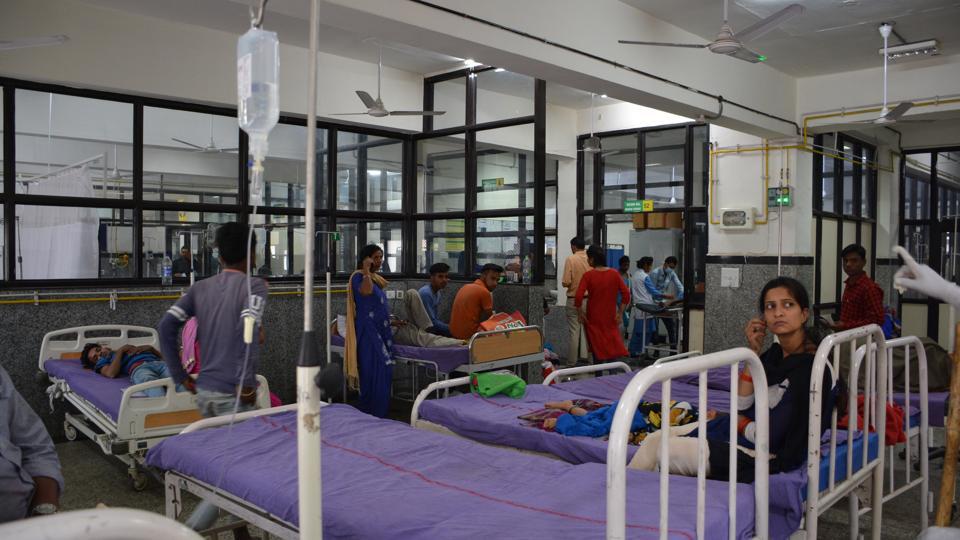The hospital emergency ward can be a really scary place. Let me set the scene. Doctors running, people screaming, family members arguing with hospital staff it’s a veritable nightmare. All staff are on high alert and you can feel the Adrenalin levels in the room. It’s basically the “save your life” unit and no hospital would be complete without it. Who are treated in the emergency ward? As the word “emergency” suggests, the persons who are attended to in the hospital emergency ward are usually people suffering from severe injuries and acute symptoms to life threatening diseases. Nurses and hospital personnel usually filter out those patients who can wait for medical attention and those who cannot. Patients who arrive by ambulance are usually taken to be treated immediately.
The paramedic would have been able to assess the situation and give the doctors the information they need to start to act swiftly. Who will you encounter in the emergency ward? Many people help to keep the emergency department running. The doctors who work in the hospital emergency ward are usually those that studied emergency medicine specifically. They will often be specialists in trauma. These doctors know how to keep you alive.
These are usually senior doctors. with a lot of experience in this kind of care. They are supported by a team of senior nurses who are often able to anticipate the doctor’s needs which is essential while working on critical patients. You may also encounter diagnostic staff if you need a scan of some kind. In order to truly know what is going on, you may need an x ray, cat scan or an MRI. The rest of auxiliary staff are no less important. They get the information that is required as quickly as possible so the patient can get the care they need.
What should you expect when you go to the emergency ward? If you have never been to the emergency room, you may be a bit nervous and not know what to expect. It helps to know what is going to happen when you get there, well if you are conscious that is. Let’s be positive. As you enter the emergency room, you will most likely be assessed by a triage nurse who will take your vitals i.e. your blood pressure, your temperature, your heart rate and your respiratory rate. Depending on his or her findings, the severity of your condition will be assessed.
If your condition is obvious, like say a knife is sticking out of your leg, the doctor will know what to do. The doctor will take measures to stabilize you and if you need a specialist, the doctor will consult and get you the help you need. If you are suffering from something that is not new, the doctor may call your primary care physician to get details of your particular case. Either way, your doctor will get you out of immediate danger. As you can probably tell by now a hospital cannot operate without its hospital emergency ward. This kind of care could literally make the difference between life and death.

